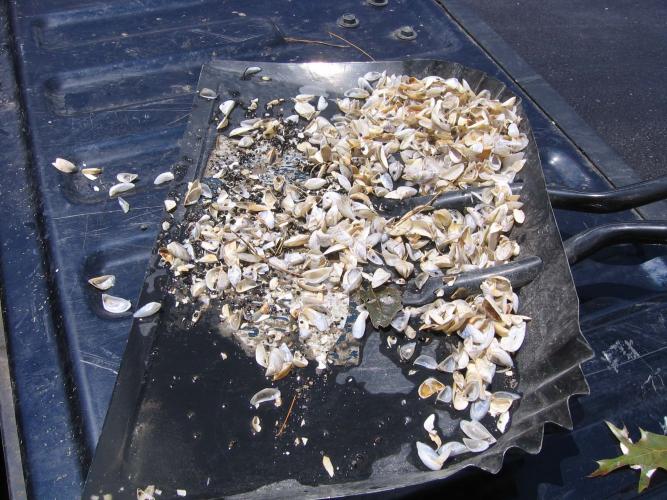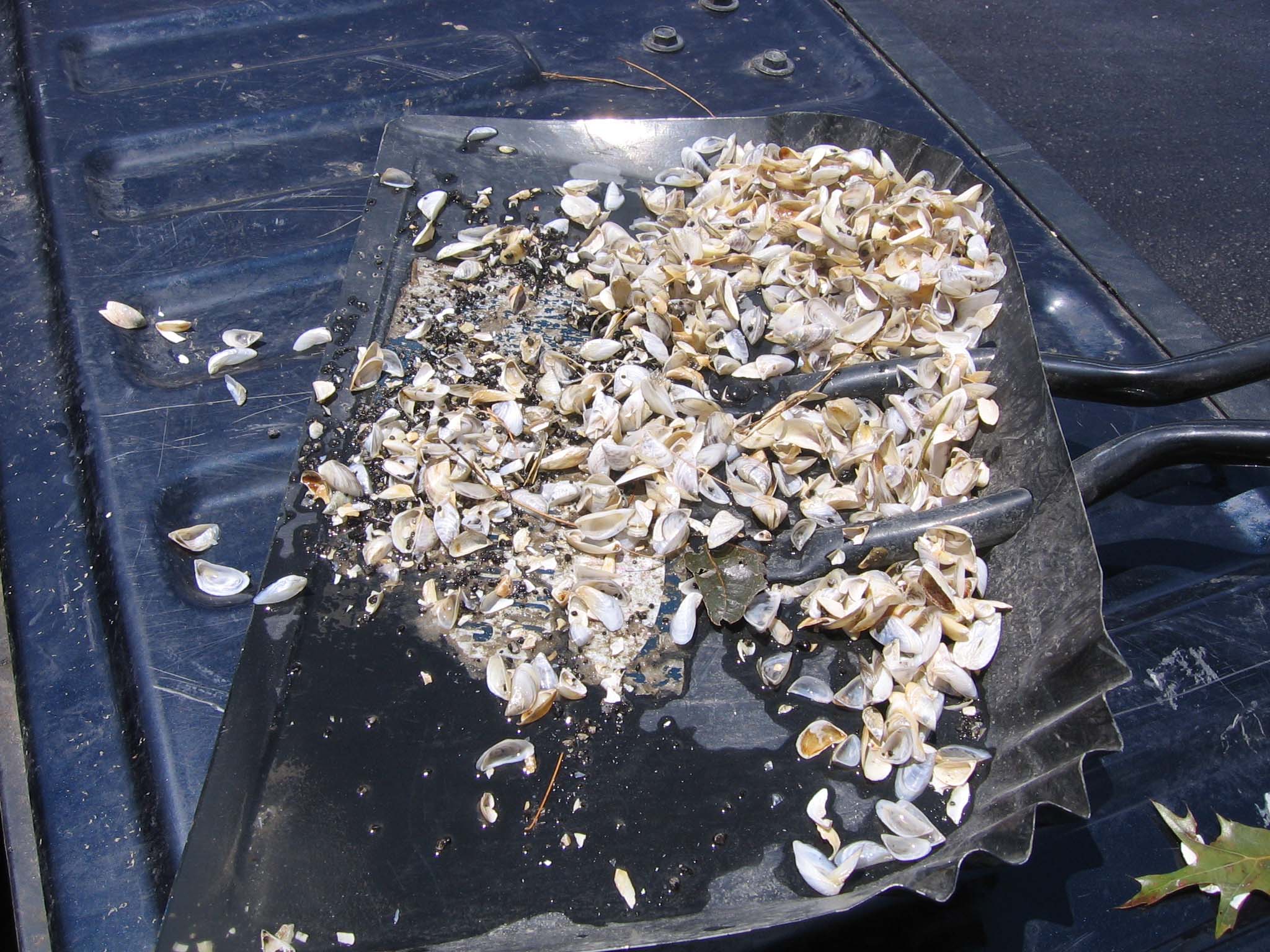
Xplor reconnects kids to nature and helps them find adventure in their own backyard. Free to residents of Missouri.


































Stay in Touch with MDC news, newsletters, events, and manage your subscription

Xplor reconnects kids to nature and helps them find adventure in their own backyard. Free to residents of Missouri.

A monthly publication about conservation in Missouri. Started in 1938, the printed magazine is free to residents of Missouri.


HERMITAGE Mo – Follow-up testing at Pomme de Terre Lake has given the southwest Missouri lake a clean bill of health regarding zebra mussels. State officials say the news emphasizes the important role boaters and anglers play in preventing the spread of these invasive mollusks.
Laboratory testing of water samples collected by the Missouri Department of Conservation (MDC) in spring 2009 detected the free-swimming, microscopic larval form of zebra mussels, called veligers, from three sample sites in the 7,820-acre lake.
In fall 2009 and again in 2010, the U.S. Army Corps of Engineers (USACE) collected additional water samples at Pomme de Terre Lake for testing. Zebra mussels were not detected.
Based on contradictory sampling results in 2009 and 2010, MDC and USACE cooperatively conducted independent sampling at Pomme de Terre Lake in June (2011). MDC and USACE samples were sent to separate laboratories for testing. Zebra mussels were not detected in any of the 2011 samples from either agency.
The 2009 finding prompted MDC and the COE, which owns the lake, to put up signs cautioning visitors to Pomme de Terre to clean boats and trailers before moving them from the lake to other waters. They extended the education campaign to the 56,000-acre Harry S. Truman Reservoir, another COE lake downstream from Pomme de Terre.
With Pomme de Terre now found free of zebra mussels, the agencies remind boaters and anglers of the importance of preventing the spread of invasive aquatic species.
“With test results showing Pomme de Terre free of zebra mussels, it is now even more important that boaters and anglers take precautions to keep it that way,” said MDC Invasive Species Coordinator Tim Banek.
The zebra mussel is native to Eurasia. It hitched a ride to North America in the 1980s, arriving in the Great Lakes in the ballast tanks of oceangoing ships. Since then, the thumbnail-sized invader has leapfrogged across much of the continent on commercial and pleasure boats, whose owners unwittingly transported the mollusks when trailering boats from one body of water to another.
Female zebra mussels can produce a million offspring annually. They attach to any solid surface, sometimes several layers deep. They interfere with the natural food chain, making lakes and streams less productive for sport fish and replacing native animals.
Heavy zebra mussel infestations can weigh down docks, buoys and other marine equipment. Infestations on boat hulls increase water drag, leading to higher fuel and maintenance costs. They can clog marine engines’ cooling systems, creating a danger of damage due to overheating.
Zebra mussels also drive up utility bills by clogging water intakes of public and private utilities. Keeping those pipes open requires millions of dollars of maintenance annually.
“We don’t know exactly what changes might occur, but other areas where zebra mussels have taken hold have experienced ecological changes that were bad for fishing and tourism,” said Banek. “Missourians can avoid spreading zebra mussels with some reasonably simple precautions.”
Banek urges boaters to remember three points:
Anglers can also avoid spreading zebra mussels and other invasive pests by obtaining live bait locally and disposing of leftover bait properly.
“Even things as seemingly harmless as earthworms and crayfish can be trouble,” said Banek. “Some commercial bait comes from as far away as Canada. If you catch minnows in one place and take them somewhere else to fish, you could be transporting invasive Asian carp species without knowing it. Get your bait where you plan to fish, and put leftover bait in a trash container headed for the nearest landfill before leaving your fishing area. Never toss live bait into a lake or stream to feed the fish.”
For more information on zebra mussels and other invasive species, visit www.missouriconservation.org.